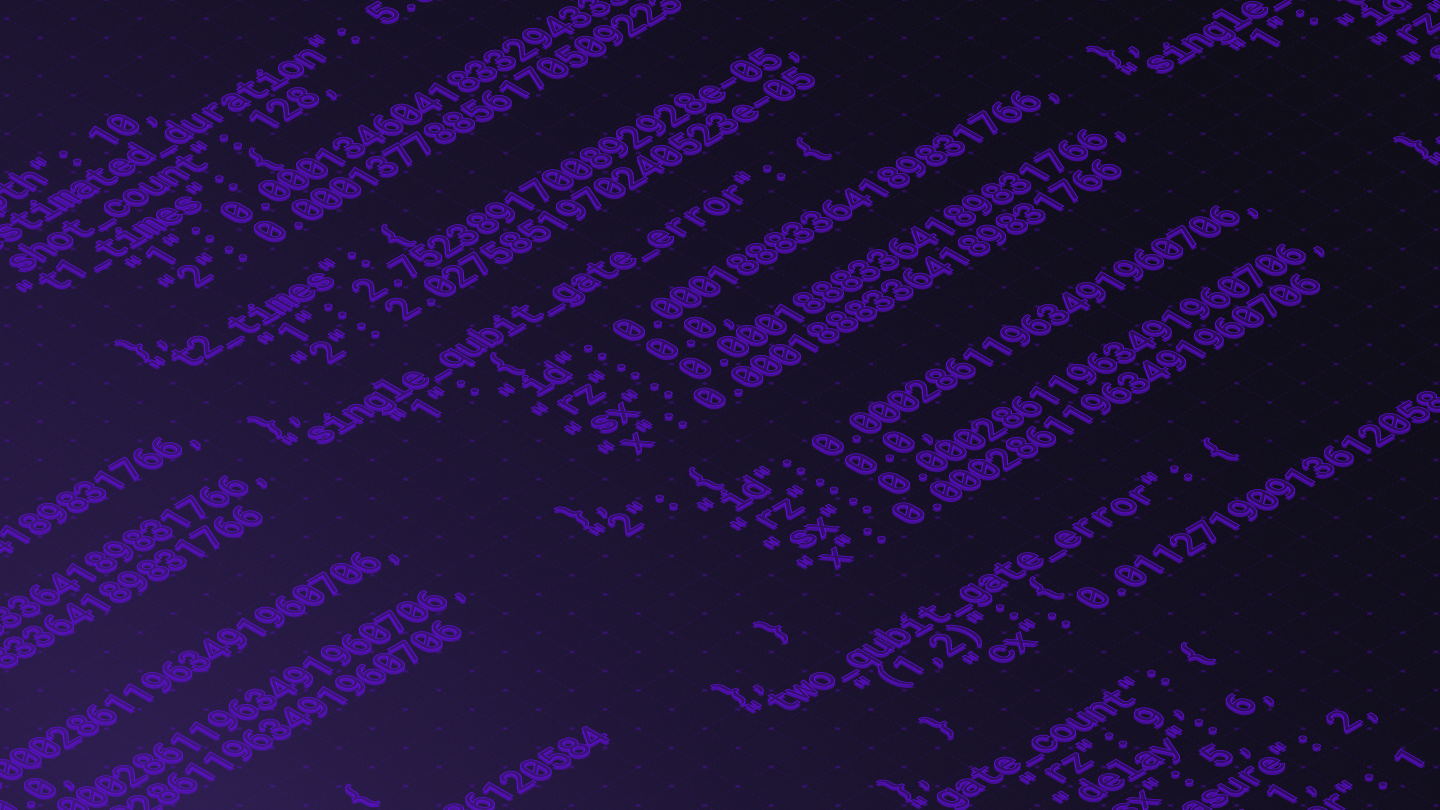New AI-based Tools Enable Quantum Computers to 'Self-Tune' for Unparalleled Results

LOS ANGELES, Feb. 10, 2021 - A new AI-based toolset developed by scientists at Q-CTRL enables quantum computers to optimize their own performance autonomously without user intervention.
The fundamental building blocks of quantum algorithms are extremely susceptible to errors, posing the most substantial barrier to progress in quantum computing. Q-CTRL's new tools use custom AI agents to enact algorithms with fewer errors and ultimately better performance for quantum computing end users.

Available as a new feature on the company's flagship Boulder Opal software, the Automated Closed-Loop Hardware Optimization tool leverages AI to achieve unparalleled results from quantum computers without users needing a detailed understanding of the hardware.
The feature is a major step towards fully abstracted quantum computer hardware powered by AI, according to Michael J. Biercuk, founder and CEO of Q-CTRL, a startup that applies the principles of control engineering to accelerate the development of quantum technology.
"Just like software abstraction on conventional computers enables programmers to write algorithms without a need to understand how a transistor works, this tool makes it much easier for researchers to explore the potential of quantum computers," Biercuk said. "We believe it will accelerate the development of quantum computer hardware and applications, pushing the industry closer toward delivering real-world business value."
Q-CTRL scientists had previously demonstrated its technology and expert team could create novel quantum logic gates for individual qubits with up to 10 times better performance than the standard logic gates on an IBM quantum computer. In laboratory experiments, the team found the new AI agent could also autonomously discover new multiqubit gates with up to two times reduction in errors than the default gates - this time without any expert intervention.
"Watching a quantum computer tune itself up with this tool and deliver quantum logic with lower errors than that achieved by the best hardware development teams in the world is quite amazing," Biercuk added.
Boulder Opal is an advanced Python-based toolkit used by research teams at national laboratories, top-tier universities, and private-sector quantum companies to integrate state-of-the-art quantum control into their research and product engineering.
"This new feature is both an exciting technical and strategic innovation," said Ben Yu, managing partner of Sierra Ventures. "It's the first step we've seen in the industry towards truly removing the need for expert human intervention at the hardware level. This powerful new feature validates our view that building hardware abstractions is key to the development of the quantum computing sector, as well as our belief in Q-CTRL's continuing industry leadership in this area."



